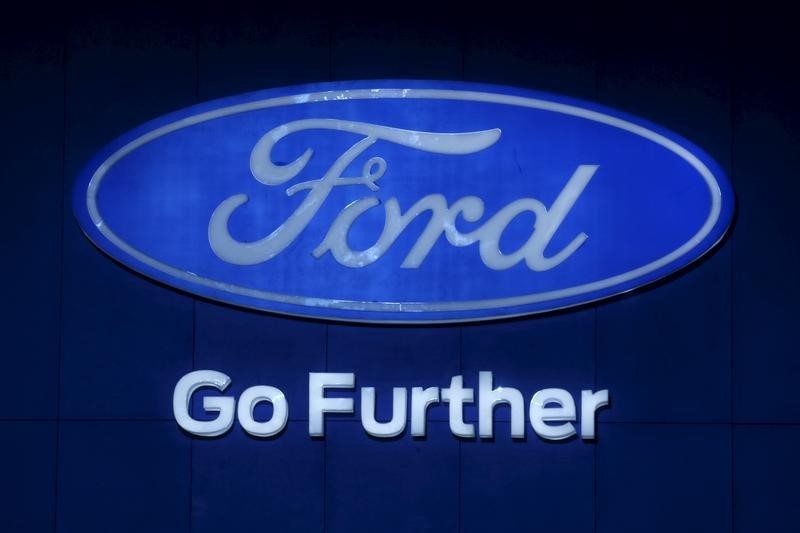This post was originally published on this site
https://i-invdn-com.investing.com/trkd-images/LYNXMPEJ1C0SJ_L.jpg
ROMUMUS, Michigan/WASHINGTON (Reuters) -Ford Motor Co will build a new lithium iron phosphate (LFP) battery plant in Michigan as part of a $3.5 billion investment plan, the automaker and state said Monday.
The plant will be located in Marshall, Michigan and eventually employ at least 2,500 workers. Reuters, citing sources, reported Friday Ford was expected to build the plant with China’s Contemporary Amperex Technology Co Ltd (CATL) as a technology partner.
Ford said the new battery plant will be a wholly owned Ford subsidiary and will start producing batteries in 2026 for a variety of vehicles. Michigan competed against numerous states and countries for the plant, said Ford economic development director Gabby Bruno.
Building LFP batteries in Michigan also gives Ford a shot at significant U.S. battery manufacturing subsidies that could help it hit a goal of 8% profit margins on its EV operations by 2026.
The Michigan Strategic Fund on Monday approved up to $210 million in grants for the project along with other incentives.
Automakers and EV battery producers are racing to set up manufacturing in the United States to take advantage of federal subsidies that could generate up to $45 per kilowatt hour (kWh) to offset the costs of production.
Michigan Economic Development Corp official Josh Hundt said the Ford jobs at the plant will pay $20 to $50 an hour. “It will also have a positive supply chain impact for key components of battery technologies in Michigan,” Hundt said.
The subsidies for U.S. battery production could be more lucrative for automakers and battery makers than Washington’s consumer subsidies for EV purchases. The $430 billion Inflation Reduction Act approved in August ties consumer subsidies to income, vehicle price and local content limits that could make many EVs ineligible.

